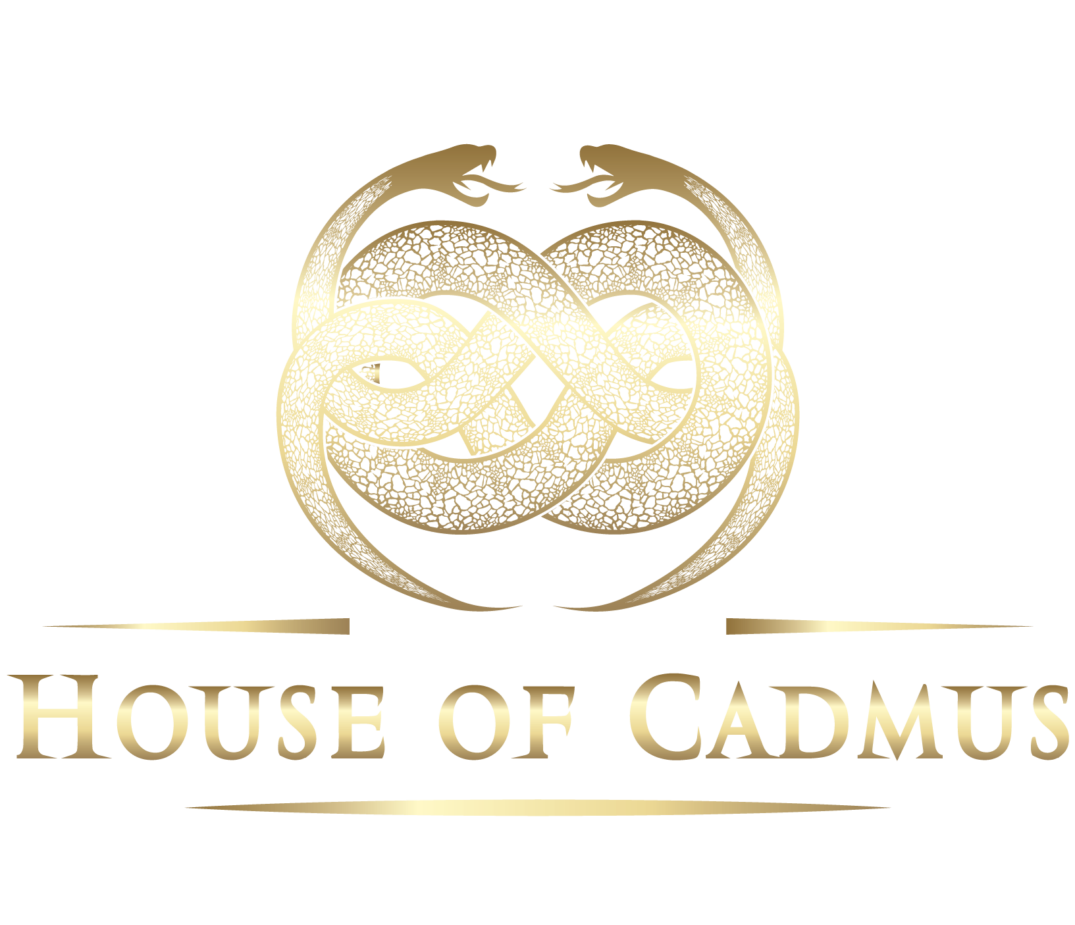Near one of London’s most popular districts for shopping and entertainment in the West End, a book lover’s haven offers a respite from the hustle and bustle. Though the name might imply something rather grand, Cecil Court is simply a street in London. “Simple,” however, is far from an accurate description and certainly doesn’t do this street justice. Lined with shops whose facades haven’t changed much since the 19th century, Cecil Court is a snapshot of quintessential, idyllic London—the classic elegance of historic buildings mixed with a charm that comes from the curiosities waiting just beyond.
Nicknamed “Booksellers’ Row,” Cecil Court has over twenty shops dedicated to antiques, ephemera, literature, and art, many of which are bookstores dedicated to special interests.


As one of the Covent Garden neighborhood’s oldest passageways, Cecil Court’s storied history stretches back to the 17th century. In 1735, part of Cecil Court burned down in a fire that may well have been arson committed by one of the street’s business owners. Elizabeth Calloway owned a brandy shop in Cecil Court, where guests were reported to be drinking, smoking, and running up and down the stairs till the wee hours. The brandy shop—with the storeroom and barrels that were supposed to be full of spirits empty and Elizabeth a few streets over having a beer with friends—burned down, catching neighboring buildings aflame, spreading to other nearby streets. Despite her convenient absence from the establishment during the fire and the fact that she had recently bought bundles of kindling, the jury was not convinced of her involvement when she was tried, and she was found not guilty. This alleyway also housed a young Mozart for a period of time when he was eight years old during his European travels for performances. Though unconfirmed, some Mozart scholars believed the young prodigy composed his first symphonies here. Tickets for Mozart’s first London concerts were sold from the shop where he and his family stayed with a barber; passersby will notice a plaque marking this at the shop there now. A century later, during the Victorian era, Cecil Court became famous as the heart of early British film industry with early pioneers of cinema and international companies keeping offices on the street along with equipment shops and foreign film dealers, earning the nickname “Flicker Alley.”
While its history is long and varied, the roots of Cecil Court’s status as a place of books go back almost to its beginning, with the first bookstore having opened there in 1704. The transition to “Booksellers’ Row” began before the First World War, with booksellers and publishers establishing themselves alongside the film industry presence. The famous Foyles bookstore, now on Charing Cross Road, had a location on Cecil Court that became so successful it was raided by the police who assumed illegal betting must be happening behind their doors. Though Foyles moved on from Cecil Court in 1906, the remaining bookstores lining the street leave nothing wanting for bibliophiles.
 Goldsboro Books is the UK’s leading specialist in first editions and signed editions. They created a Book of the Month Club that focuses on first editions (the largest such book club in the UK) with some of the editions published specifically for Goldsboro. Authors visit the bookstore regularly to host events and sign books.
Goldsboro Books is the UK’s leading specialist in first editions and signed editions. They created a Book of the Month Club that focuses on first editions (the largest such book club in the UK) with some of the editions published specifically for Goldsboro. Authors visit the bookstore regularly to host events and sign books.

Alice Through the Looking Glass specializes in Alice in Wonderland iconography, first editions, rare illustrated editions, gifts, fashion and “unique objects of desire.” Even the most casual of Alice fans will find this bookstore enchanting.

Marchpane also specializes in Lewis Carroll, as well as other children’s literature and illustrated books from the 18th century onwards to present day. This bookstores sells ephemera as well as books, with a focus on collectable classic British children’s books including Winnie the Pooh, The Chronicles of Narnia, The Wind in the Willows, and many more.
Many other bookstores along the street specialize in similar topics or areas of interest: antiquarian ephemera, first editions, special editions, and more. But one bookstore stands out even amongst these notable shops: Watkins Books.

Opened in 1897, Watkins Books is London’s oldest occult bookstore. It has a long and rich history, attracting some of the biggest names in the spiritualist movement, including Aleister Crowley. For a more in depth look at the fascinating history of Watkins Books, take a look at the article I wrote about it a few Octobers ago.
Related: Watkins Books | Literary Destinations
Cecil Court is a place that seems almost designed with bibliophiles and those looking for a connection to the past in mind. History comes alive along this London street, in the facades of these buildings and in the treasures they hold within. It’s no wonder this little hideaway is rumored to be the inspiration for the look of Diagon Alley in the Harry Potter movies. With so much to discover behind each door, Cecil Court is a must visit for book lovers.
